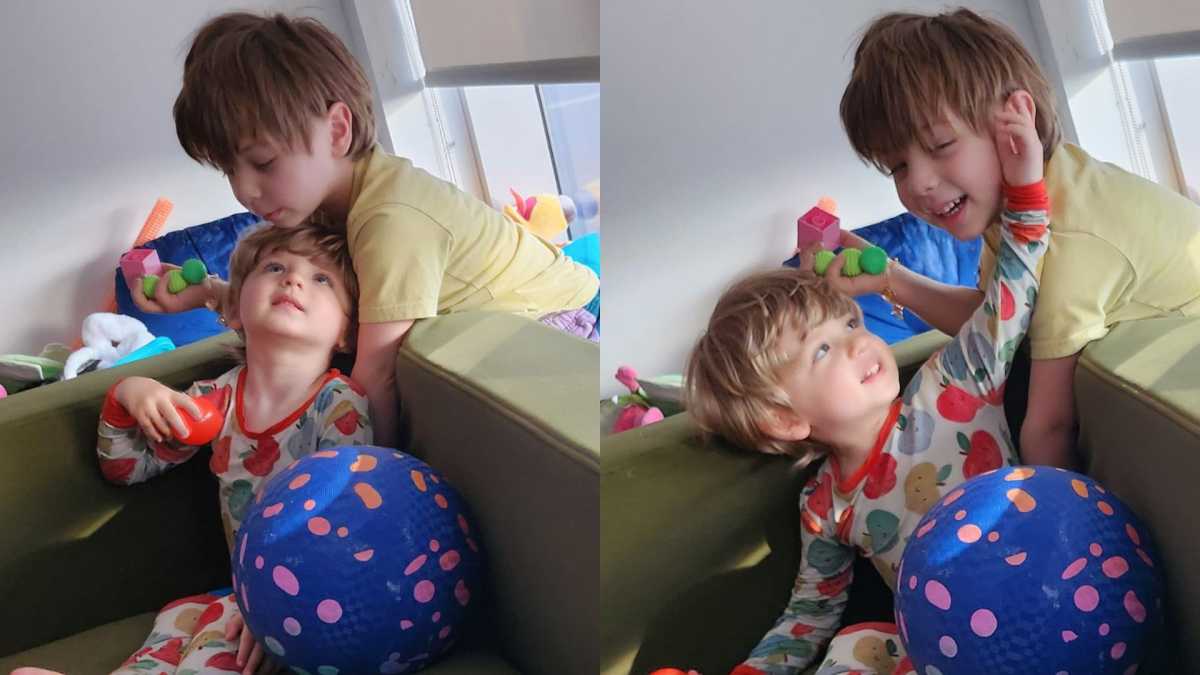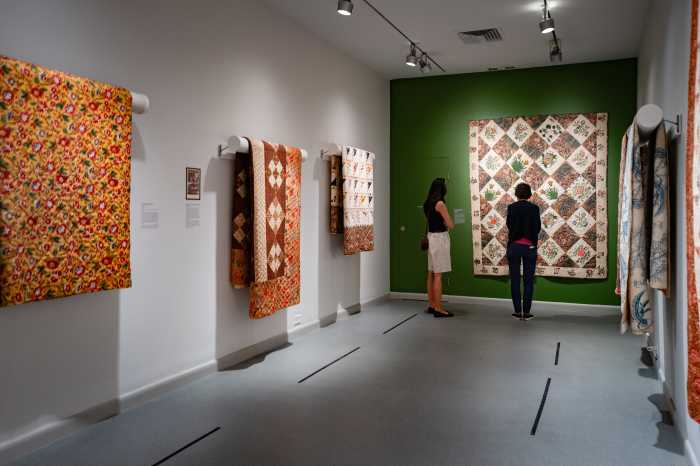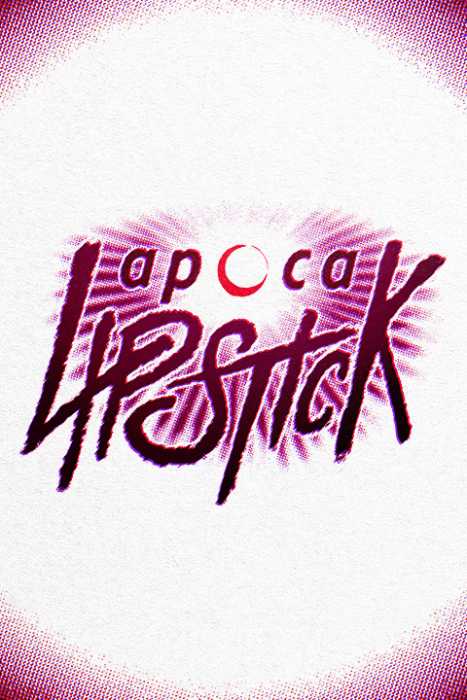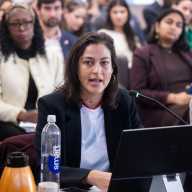Inclusion. Understanding. Kindness.
These are the words that Founder and President Susie Globus used to describe the mission of the Little Oaks Center for Neurodevelopment, which has just officially received its nonprofit status.
With so many conflicting narratives about neurodivergence, Little Oaks seeks to be the place to provide support and quiet the noise of these outside perspectives.
“Little Oaks is a place where children and families are going to be able to come to receive support and be a part of a community where there are often gaps,” said Meredith Beck, Fundraising Director for Little Oaks. “[For] individuals and families who are neurodiverse, oftentimes it can be extremely isolating, and I think that what we’re working to build is something that truly doesn’t exist…like a sanctuary to explore what works, to connect with resources and find what brings ease and joy to the daily experience of life for these individuals.”
Globus is no stranger to that isolation. She was inspired to create the Little Oaks community because of her two beautiful boys, Jamie and Henry.
Globus learned that she was pregnant with her oldest son just before the COVID-19 lockdown began. After she gave birth to her son, she immediately noticed that he was constantly moving. When she addressed this with her son’s pediatrician, it was dismissed as possible ADHD.
“But I had so much time with him in the house, just me and him because of the lockdown,” said Globus. “The more and more I got to know him, we got to know each other, the more I realized that, no…I think that there’s something going on with this perfect, beautiful little baby.”
Next, Globus tried to go through the city to get a diagnosis, but to no avail. After more dismissals and no clear solution for her baby, she realized it was time to take on a new role.
“I was not his drill sergeant or his teacher, and I was really there just to be his support system and his confidence and his scaffolding…and that it was everyone else’s job to sort of take the other role,” said Globus. “And when I realized that, and I stopped panicking, and I stopped being so anxious and so dysregulated, in general, things really started to change.”
“As I was sort of doing this, I realized that nobody knows any of this,” she continued. “Nobody knows what to do or where to go…when you have a child that’s neurodivergent, you really feel isolated. You’re stuck in the house. You’re scared to take your kid out because they might…hit another kid…get hurt, or you don’t know when they’re going to have a meltdown…So all of these things are so questionable, and there is really nowhere that I could bring him to figure that out.”
Globus’s tireless and devoted efforts are what have allowed Little Oaks to blossom.
At Little Oaks, no diagnosis is required to be a part of this community. They believe every child deserves access to support at any time. While the center focuses on the formative ages of 0 to 3, this support system is designed for both caretakers and children.
While Little Oaks does not have a current physical space, the organization hopes to have a home by 2027. In the meantime, the team is hard at work to make sure their website and online resources are available to their community.
And now with their official nonprofit status, they can focus on their growth.
According to Beck, the organization’s goals within their first year are to continue fundraising for their physical space and continue to leverage the digital resources that will allow for the community to connect as well as building up the online programs.
Little Oaks seeks to be a support system for families and remind anyone in the neurodivergent community who may be feeling isolated that you’re not alone—and there is a better way.
“This is really just about listening to what your kids need and want and giving it to them so that they can flourish because neurodivergence is really a superpower,” said Globus. “It’s not a deficiency, and it’s not anything to be really worried about. If anything, it’s bringing a new type of thinking into a world where we really do need a new type of thinking.”
To learn more about Little Oaks, or support their cause, or join the mailing list, please visit littleoakscenter.org.






































